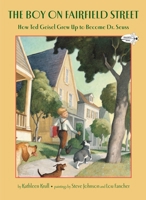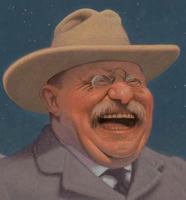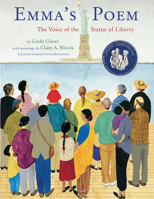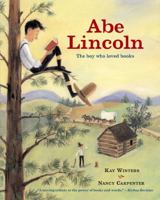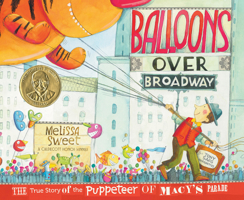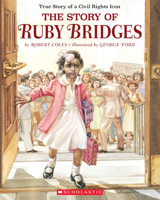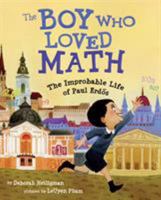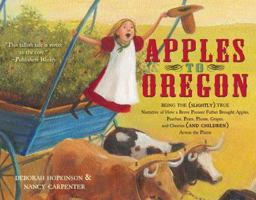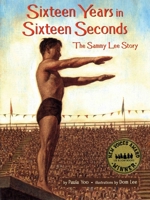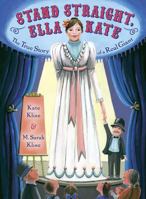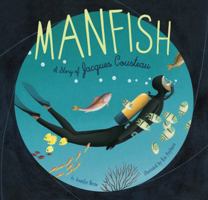Dear Mr. Washington
Select Format
Select Condition 
Book Overview
Based on the true story behind Gilbert Stuart's famous portraits of Washington, this funny historical read will leave rascals, ruffians, and troublemakers of all ages laughing. Charlotte, James, and baby John have promised to be on their very best behavior for when George Washington comes to have his portrait painted by their father, Gilbert Stuart. But, it seems like every time George Washington comes to visit, Charlotte has to write another apology letter, even when they try to follow George Washington's Rules of Good Behavior. If these whippersnappers want any dessert, they are going to have to learn some manners--and fast What results is a hilarious chain of events, a giant mess...and a painting that will be remembered for centuries to come. This description may be from another edition of this product.
Format:Hardcover
Language:English
ISBN:0803730381
ISBN13:9780803730380
Release Date:January 2015
Publisher:Dial Books
Length:32 Pages
Weight:0.96 lbs.
Dimensions:0.4" x 10.2" x 10.1"
Age Range:5 to 8 years
Grade Range:Preschool to Grade 3
You Might Also Enjoy
Customer Reviews
2 customer ratings | 2 reviews
There are currently no reviews. Be the first to review this work.

















